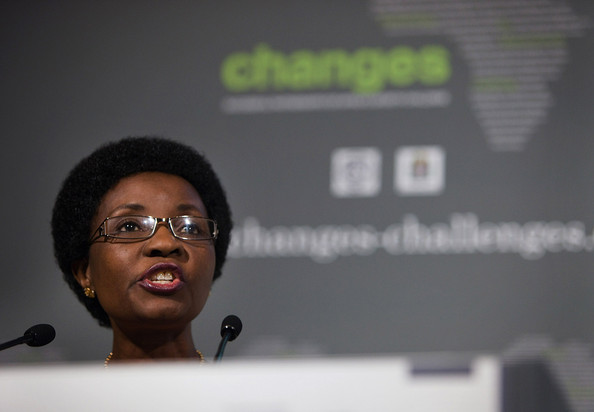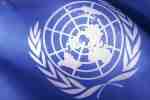The fallout from Typhoon Hayain continued in the Philippines this week. The huge storm – which is the second largest the area has ever seen – struck on Thursday 7th and raged for several days, stretching into the start of this week. More than 11 million people have been left homeless by the disaster, and the official death toll is now well over 3,000 – although aid workers say the real figure could be three times this.
Located inside the so called Ring of Fire – a hotspot for volcanoes and earthquakes – the Philippines is no stranger to extreme weather. However, as a country comprising over 7,000 islands it remains a place where coordinating infrastructure and communications is difficult. Although the storm has now relented, the crisis is by no means over, with the challenges of tackling diseases and housing displaced people just beginning.
The Philippines’s UN Envoy Naderev Sano, who comes from the devastated city of Tacloban, made a tearful statement at the start of the UN’s two week Warsaw summit, blaming the typhoon on climate change and calling for decisive action. He described it as an “extreme climate event” and said he would not eat until an environmental consensus was reached.
The priority, of course, has got to be dealing with the immediate humanitarian crisis in the country. On this front it was good to see international aid donations flooding in, and I was particularly pleased with the EU’s decision on Tuesday to increase its contribution from €3 million to €13 million. However, Sano is right that as once the dust finally settles it will be time to have a more serious discussion about climate change.
At present we are still a long way away from a consensus. In April of this year Tory MEPs voted against the EU Emissions Trading Scheme – even though the proposals had been specifically designed as a free market solution to the problem – and back in 2011 they blocked calls for tougher environmental targets. David Cameron may have spoken on Sunday of the need to “prevent and mitigate” climate change, but on this issue the Conservatives are liable to say one thing and do the opposite.
Speaking of the gap between words and actions, it was interesting to see the Tories attempt this week to remove all pre-2010 speeches from online spaces. Ironically, many passages from the deleted material focused on commitments to transparency, with George Osborne, for example, having pledged (in a speech back in 2007) to end the “asymmetry of information between the individual and the state”.
Aside from being politically counter-productive (the news of course prompted an immediate re-examination of the Tories’ pre-government policies) this ‘year zero’ approach is profoundly undemocratic. It is important to the already fragile relationship between public representatives and the electorate that voters and commentators can compare rhetoric with reality, so the deletion of material like this undermines basic standards of political accountability.
With their liberal pre-government rhetoric having been replaced by harsh and socially divisive policies in office, it is no surprise that the Tory high command want to conceal the promises they made in opposition. I am pleased, on behalf of everyone who believes in politics, that on this occasion they have been caught out.





